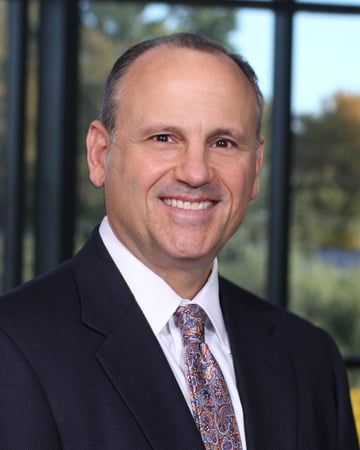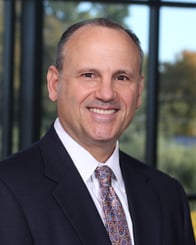
Scott M Ashley

Every individual has "needs" and "wants" in life. A basic retirement plan should at least cover the needs. But a truly successful one will also cover the wants.
That type of planning begins by first understanding you as a whole individual. We're interested in learning about both your accomplishments and disappointments, along with your aspirations and worries. We invest the time to deeply explore possible solutions to your financial concerns, and leverage our extensive breadth of knowledge. We don't take shortcuts. It's a commitment we make to every client. And, perhaps most importantly, we put our clients' best interests first.
Our team emphasizes holistic planning knowing that every aspect of your financial life could have a positive—or negative—impact on your retirement outcome. We've seen how a single mistake (or overlooked detail) can undermine an individual's financial future. It's often what you don't know that disrupts your financial plan. Our investment philosophy centers on the belief that the best way to grow wealth is to not lose it. So, we construct diversified, high-quality, long-term portfolios meant for capital preservation.
As part of our comprehensive planning, we offer advanced strategies that include important considerations such as Social Security, Medicare, Roth conversions, net unrealized appreciation (NUA), mega-back door Roths, 401(k) accounts with company stock, pensions, lump-sum payments and long-term care.
Disclaimer:
A 10% penalty tax will apply on funds converted to a Roth if those funds are withdrawn before five years have elapsed unless the owner is age 59 ½ or another exception applies.
A Roth Conversion may not be right for everyone. There are a number of factors taxpayers should consider before converting, including (but not limited to) whether or not the cost of paying taxes today outweighs the benefit of income tax-free Qualified Distributions in the future. Before converting, taxpayers should consult their tax and legal advisors based on their specific facts and circumstances.
CFP® professionals meet rigorous education and ethical standards. They're trained in 72 areas of financial knowledge, and must accrue thousands of hours of experience prior to earning their certification. Additionally, CFP® professionals are committed to serving their clients' best interests at all times.
Putting your entire financial life into a clear picture isn't easy. CFP® professionals are skilled at doing this, including how to balance your short-term goals with your long-term objective of retirement security. That's why working with a CFP® professional can be so valuable for individuals seeking comprehensive financial planning.


